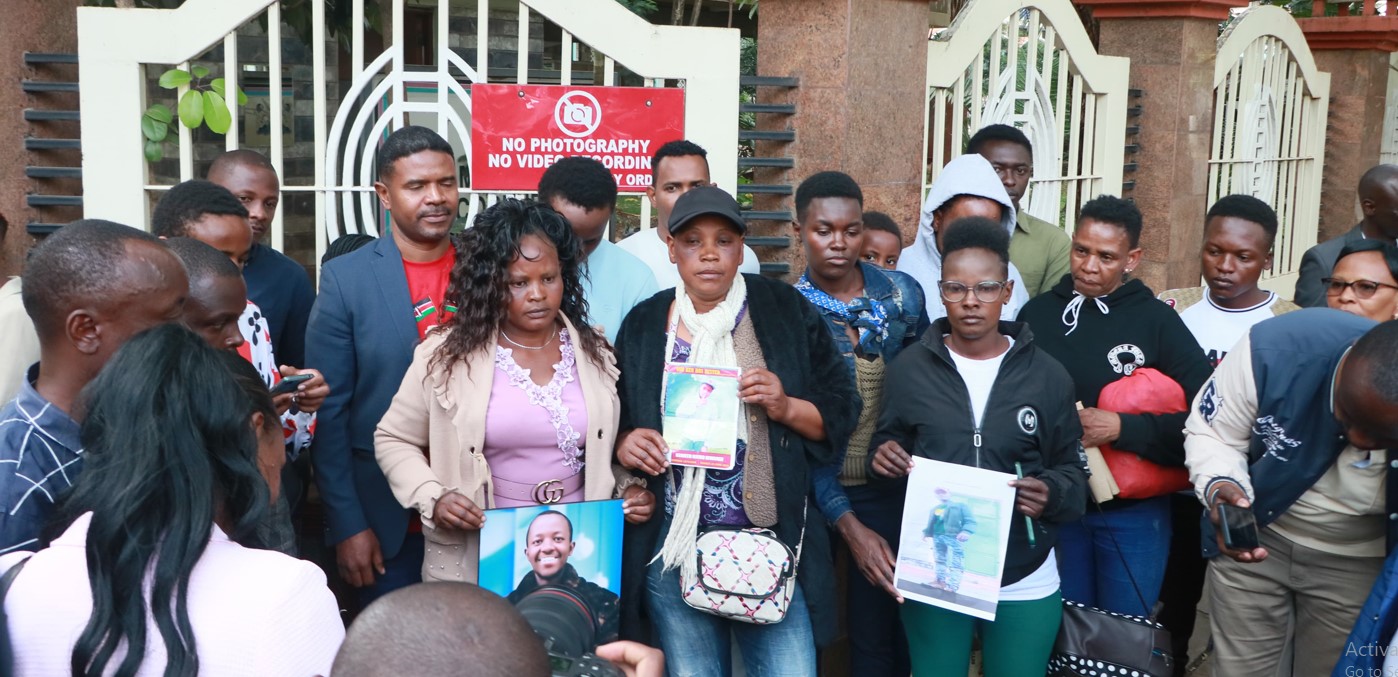Funding woes, legal setbacks threaten justice for thousands of crime victims

Among the stark revelations is the fact that seven staff members are forced to share a single computer, severely impacting efficiency.
Thousands of crime victims risk being left without essential support as the Victims’ Protection Board grapples with a critical funding shortfall and operational challenges, a new report warns.
According to the report covering the agency’s performance for the 2023/24 financial year, severe financial constraints, staffing shortages and legal ambiguities have crippled the agency’s ability to fulfill its mandate.
More To Read
- Kenya warns of “sophisticated menace” over citizens trafficked to Southeast Asia
- LSK’s Faith Odhiambo quits Ruto’s victims compensation panel over legal delays, court hurdles
- DCI busts human trafficking syndicate recruiting Kenyans for Russia-Ukraine war front
- Panel on protest victims compensation moves to overturn orders freezing its operations
- Kenya probes claims of citizens being used as soldiers in Russia-Ukraine war
- South Africa jails seven Chinese nationals for 20 years each over human trafficking
The report, tabled in Parliament, lays bare the dire state of the Board, warning that thousands of victims could be left without essential support unless urgent intervention is taken.
The report highlights acute funding shortages, staffing constraints, legal uncertainties, and lack of autonomy as the biggest challenges undermining its work. Among the stark revelations is the fact that seven staff members are forced to share a single computer, severely impacting efficiency.
It notes that government allocations have plummeted, leaving the Board heavily reliant on donors for survival. The National Treasury has only allocated Sh32 million to the agency against an estimated annual budgetary need of Sh450 million, creating a funding shortfall of Sh418 million.
“The funding gap has severely affected the Board’s ability to fulfill its commitments to victims of crime,” reads the report.
“Adequate funding and proper resource management are essential to ensure that the Victims' Protection Board can carry out its mandate of protecting the rights and interests of victims across the country.”
The Board warns that crime victims are being left without access to critical services, increasing dependence on donor funding, which is inconsistent and unsustainable.
Established under the Victim Protection Act (CAP 79A), the Board is mandated to safeguard victims throughout the justice process—from pre-trial to post-trial stages—to prevent re-victimisation and empower them within the criminal justice system.
However, it faces significant hurdles in implementing this mandate, as the Act has not been fully operationalised.
Conflicting court rulings on the definition of a victim and unclear legal provisions regarding the role of victims' lawyers in criminal proceedings have further complicated its operations.
Additionally, the Board lacks legal status and autonomy, as it is not formally incorporated and, therefore, cannot sue or be sued. Crucial subsidiary laws needed to fully operationalise the Act remain stalled, pending public participation and legislative approval.
To address these challenges, the Board has proposed three key legal instruments: the Victim Protection (Amendment) Bill, 2024, the Public Finance Management (Victim Protection Fund) Regulations, 2024, and the Victim Protection General Regulations, 2024. The proposed amendments aim to resolve inconsistencies in the 2014 Act and strengthen victim protection services.
The report’s findings have sparked concerns among lawmakers and civil society groups, who have urged the government to prioritise victim protection by increasing funding and expediting legal reforms.
Without urgent action, thousands of victims could remain without the crucial support they need to navigate the justice system.
Top Stories Today














































